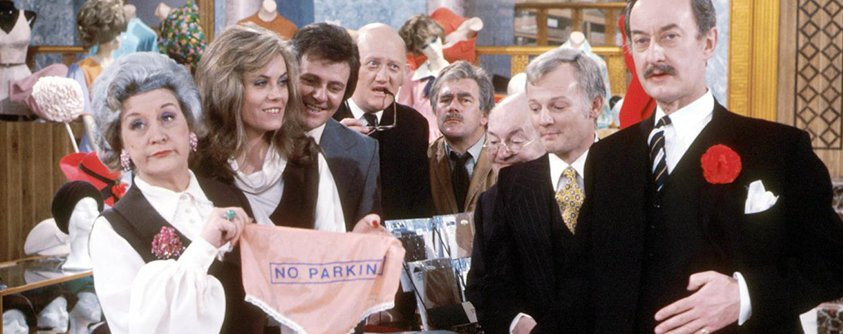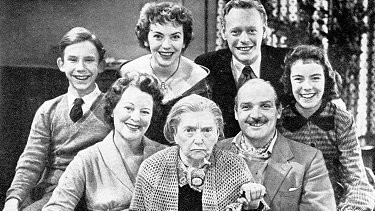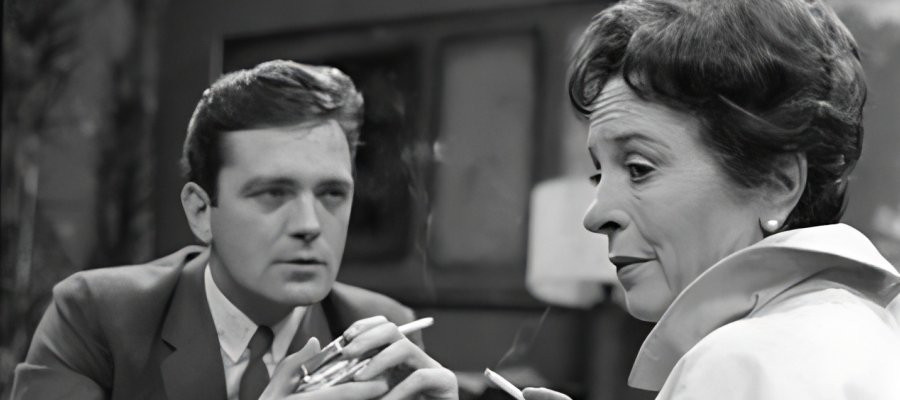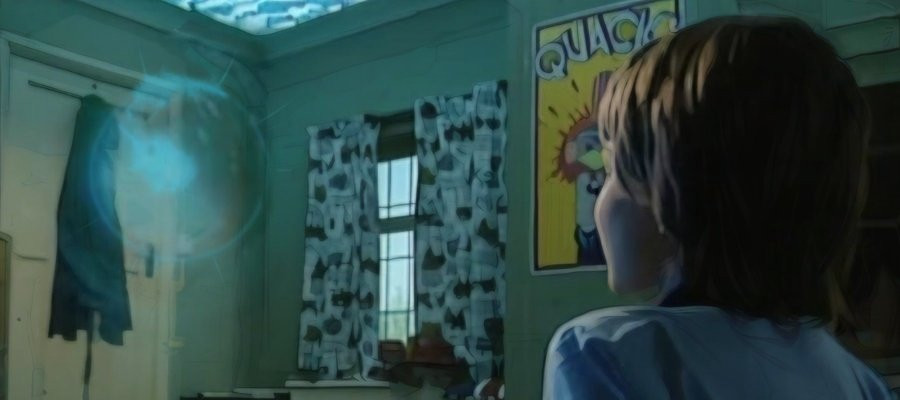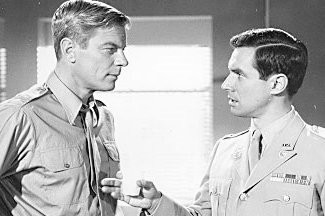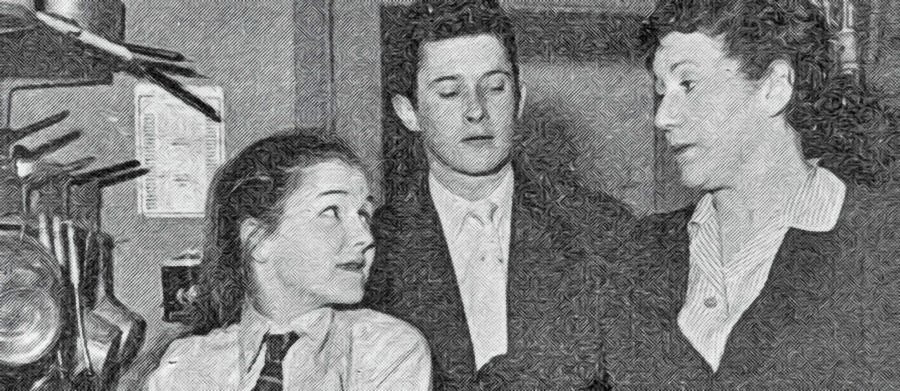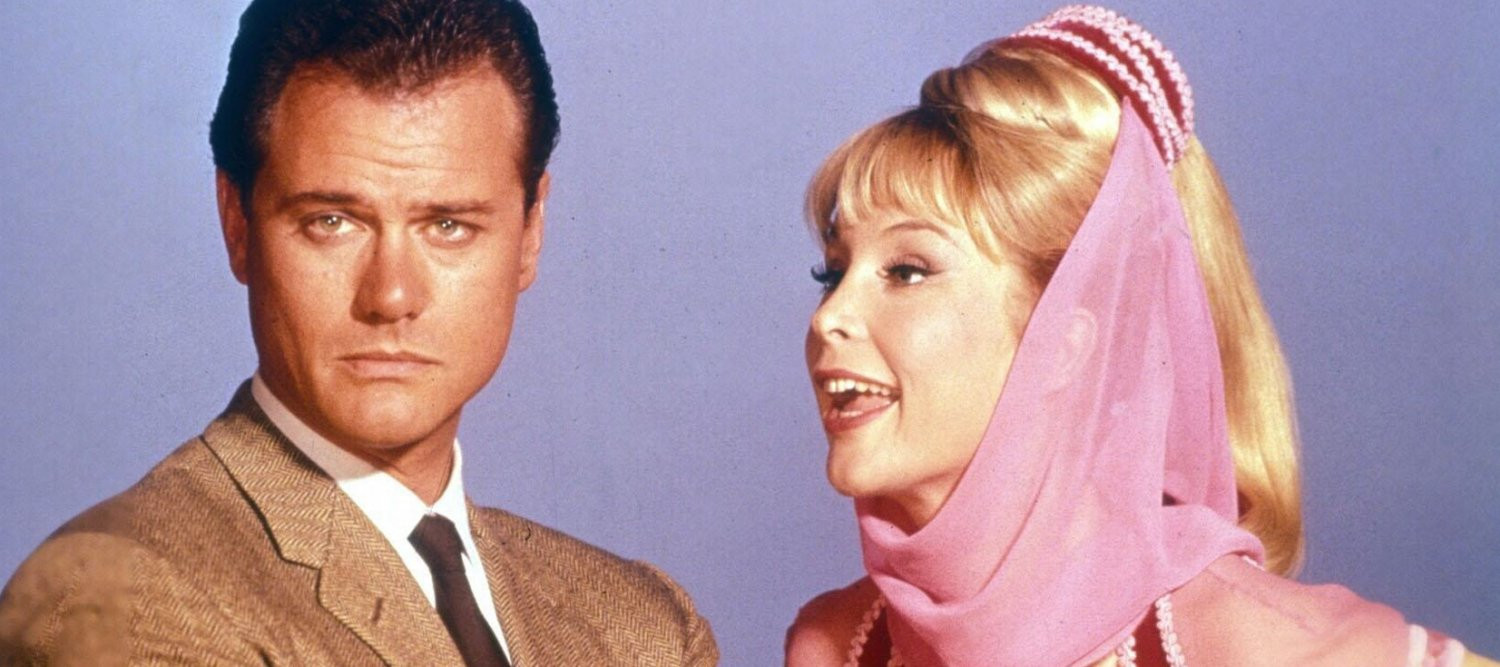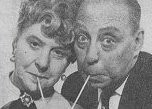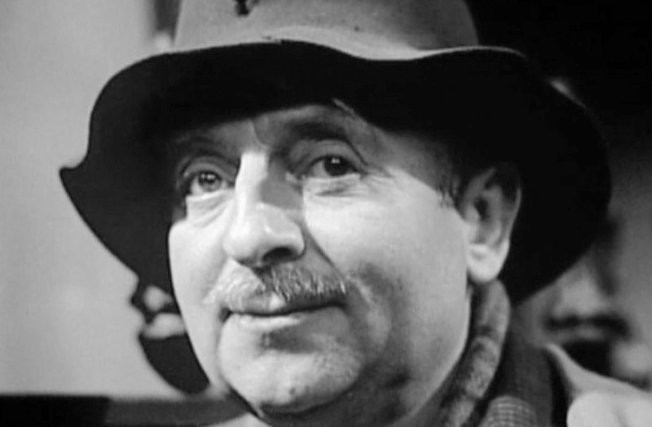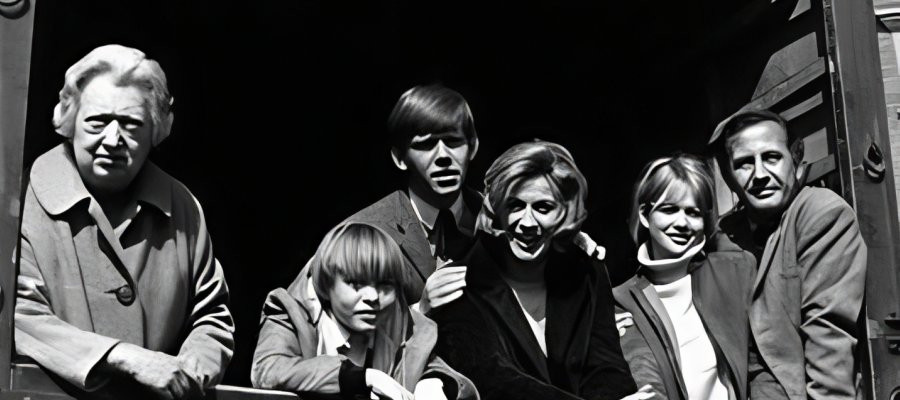
The Newcomers
1965 - United KingdomThe Newcomers was the BBC’s ambitious attempt to challenge Coronation Street's dominance with a drama that reflected a changing Britain—a post-war nation on the move, grappling with urban sprawl, social adjustment, and economic uncertainty. Created by Colin Morris and initially produced by Verity Lambert, this twice-weekly serial centred on the Cooper family, newly relocated from London to the fictional East Anglian town of Angleton, following the relocation of Ellis Cooper’s factory.
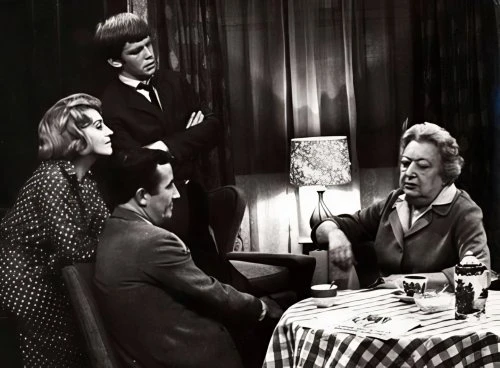
The initial episodes played out this cultural and geographical dislocation with considerable depth. Ellis (Alan Browning), pragmatic and upwardly mobile, embraced his promotion to works manager; Vivienne (Maggie Fitzgibbon), a stylish, modern woman and marriage guidance counsellor, was far less enthused, dismayed by the prospect of leaving her established urban life. The children formed a believable spectrum of generational response: Philip (Jeremy Bulloch), faced with changing sixth forms, hates the prospect; Maria (Judy Geeson), aged sixteen, the romanticised teen with country dreams, sides with her father; and Lance (Raymond Hunt), a wayward thirteen-year-old cinephile has visions of pastoral adventure.
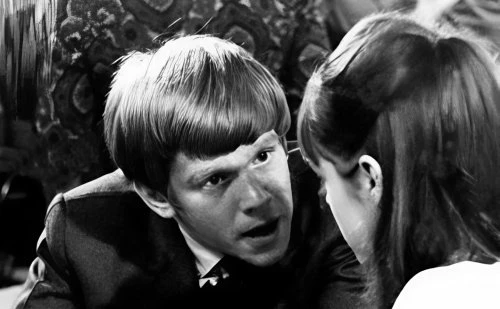
The fictional Angleton, clearly inspired by towns like Haverhill and Thaxted (used for filming), was portrayed as both a town in decline and a community on the cusp of transformation. Its tension between the rural past and the industrialised future provided fertile ground for storylines ranging from civic squabbles to industrial disputes, romantic entanglements, and class friction. There was social commentary aplenty: overtaxed councils, agricultural decline, and the alienation of urban incomers all woven into the everyday lives of the characters.
Angleton has been invaded many times since the Romans. Half the younger generation have left town by the time they are twenty-one; a penny on the rates fails to raise a hundred pounds; unemployment is above the national average. The council, realising their town would die in a few years, have invited new blood.
They know rich agricultural land will vanish for ever under bricks and mortar, and the days when everyone knew everyone in the High Street will end. There will be strangers, used to buses every five minutes, expressing eloquent dissatisfaction with the lack of amenities.
For the 'strangers' on new housing estates there is loneliness, fear and boredom. There are also new boyfriends, new girlfriends, new babies, feuds with farmers, brittle industrial relations, and civic intrigue - copious material for the twice-weekly serial.
Radio Times 1965
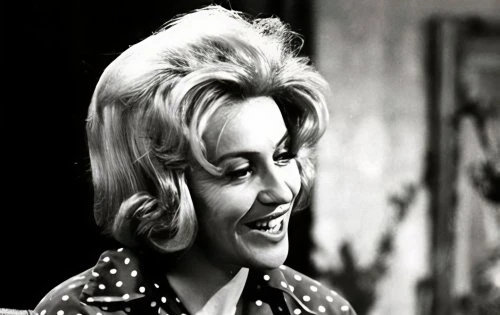
Maggie Fitzgibbon’s performance as Vivienne Cooper was the dramatic anchor of the series. Her character’s ambivalence towards provincial life and her stylish resilience made her a rare middle-class lead in a genre often focused on working-class struggle. She became so synonymous with the show’s identity that the press dubbed her "the BBC’s answer to Elsie Tanner"—a slightly strained comparison, as The Newcomers had a notably more middle-class slant than its ITV counterpart, and often depicted its local or working-class characters in broad strokes or clichés.
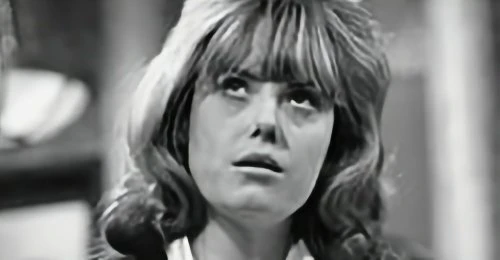
The dynamic between the Cooper family and their new neighbours, particularly the Cockney Harkers (with a young Wendy Richard as Joyce), offered comic relief and friction in equal measure, while secondary characters, such as the sedentary gran (Gladys Henson) or the factory floor workers, helped paint a picture of a town in uneasy flux. The four producers during the life of the programme were Lambert, Morris Barry, Ronald Travers and Bill Sellars.
However, the show’s momentum faltered after Alan Browning’s departure in 1967 with the death of Ellis Cooper from a heart attack (Browning had reportedly grown bored with the role). Attempts were made to reshape the narrative — Viv was due to have a ratings-busting wedding to new character Charles Turner (Neil Hallett), but when the storyline was changed to a whirlwind romance and an off-screen wedding in New Zealand, Maggie Fitzgibbon also decided she’d had enough, and quit. The introduction of the Robertsons failed to recapture the early emotional investment. and while the show continued for another year, its identity seemed increasingly diffuse. Even the arrival of fresh characters like Jenny Agutter’s Kirsty Kerr during school holidays could not revitalise the format.
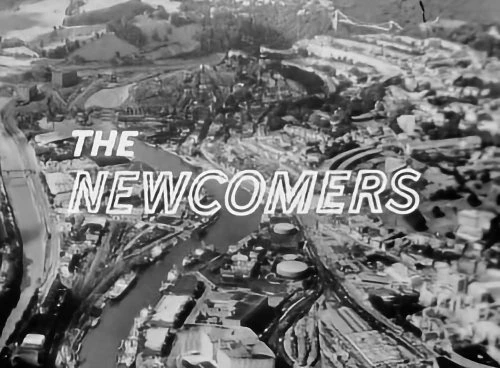
Despite its popularity—still "at its peak," according to the BBC—the show was cancelled in late 1969. In hindsight, it marked a key transitional moment in British soap history: more grounded than its glossy predecessor Compact, more socially aware than many of its contemporaries, and clearly a bridge to the more issue-driven soap operas that would follow in the 1970s and beyond.
Today, The Newcomers has sadly faded into obscurity, with only four episodes known to survive from hundreds made. Like United! and other BBC serials of the era, it is now largely lost to time. But for viewers of the 1960s, it offered a thoughtful, sometimes sharp, occasionally uneven portrait of a changing nation, and for a time, it stood as the BBC's most successful continuing drama before EastEnders came along to claim the crown.
Seen this show? How do you rate it?
Seen this show? How do you rate it?
Published on July 31st, 2025. Written by Laurence Marcus for Television Heaven.


